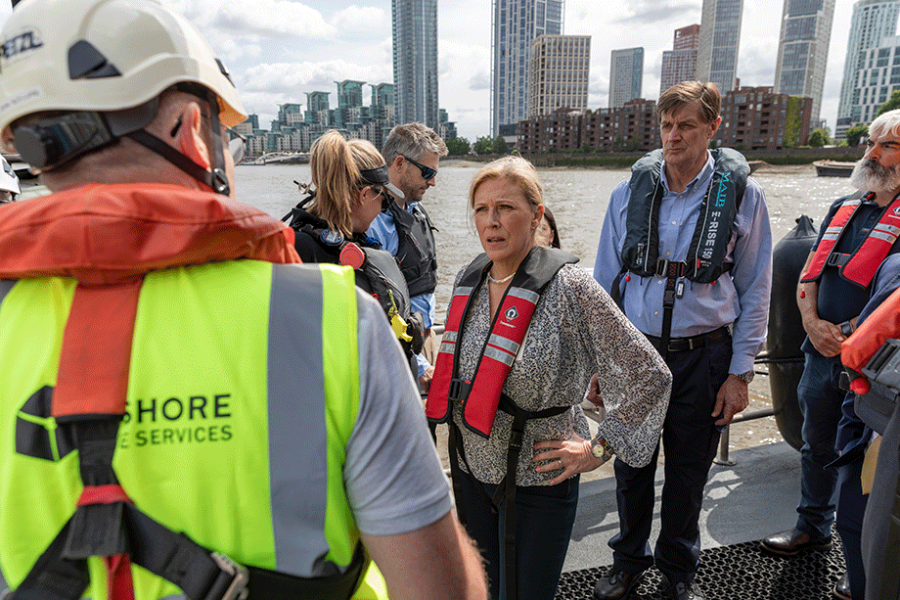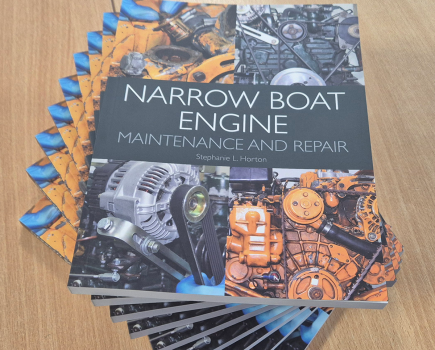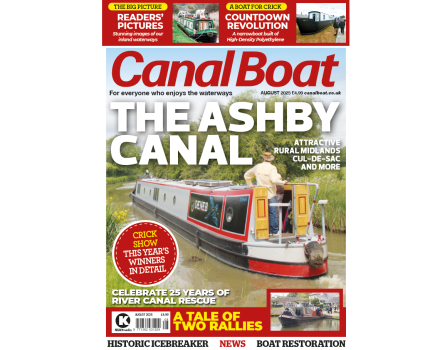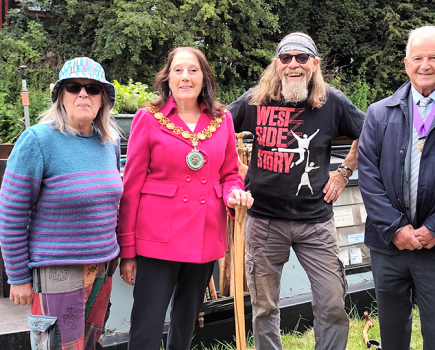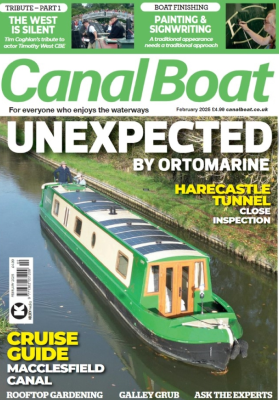Analysis conducted by the Marine Accident Investigation Branch (MAIB) has revealed that crew have, on average, under 11 minutes to recover a crewmate who has fallen overboard into cold water before the victim becomes unresponsive.
The analysis of 20 accidents that occurred between 2017 and 2021 shows that the time decreases as the water becomes colder or the sea state rougher. In some cases, crew had just four or five minutes to coordinate a complex recovery under extreme pressure.
Separate MAIB data sheds further light on the scale of the challenge of getting a victim back on board. When examining the rate of successful recovery, MAIB found that of the 308 man overboard occurrences reported to MAIB between 2015 and 2023, tragically 40% led to a fatality.
In the recreational sector the picture was more concerning with the data indicating that almost half (47%) of man overboard occurrences that were reported to the MAIB from pleasure craft resulted in a fatality. In the fishing industry this rose further still with just over half of man overboard incidents (56%) ending in tragedy.
Whilst overall rates of man overboard were lower for other parts of the industry the same hazard still exists. Of the 20 man overboard incidents from cargo vessels, six resulted in the loss of a crew member. Inland waterways saw six fatalities from 24 incidents and passenger ships eight incidents resulting in one fatality. For service ships, the rate of recovery was the best in the industry with only 15% unsuccessful.
To launch Maritime Safety Week 2023, Maritime Minister Baroness Vere joined the MAIB and Royal Yachting Association (RYA) at a special demonstration to raise industry awareness of the challenges of man overboard recovery.
Held at Westminster Boating Base on the River Thames, the Met Police Marine Police Unit gave a live demonstration of the techniques that crew need to deploy to recover an incapacitated person from the water from a high sided vessel without specialist equipment.
RYA Chief Instructor Vaughan Marsh spoke of the importance of training, preparation and practice. He also highlighted the different challenges depending on type of vessel or sea condition. A crew transfer vessel provided by Offshore Turbine Services was on hand to display the variety of solutions available in the commercial sector to make man overboard lifting easier. In addition, representatives from the RNLI, NFFO and British Marine participated in a discussion of the challenges.
Maritime Minister Baroness Vere said: “It is truly remarkable how quickly crew work, in often complex circumstances, to save lives. I was honoured to have seen their work first hand.
“Research from the Marine Accident Investigation Branch illustrates how invaluable training for such complex life-saving missions is, and would not be possible without the indispensable contributions of organisations like Royal Yachting Association (RYA), who offer training worldwide in order to keep water a safe environment for everyone to enjoy.”
Andrew Moll, the Chief Inspector of Marine Accidents, said: “Man overboard recovery can be exceptionally challenging at the best of times, but the recovery becomes much harder if the casualty is unconscious or unresponsive. Our data paints a truly shocking picture of just how little time a crew can have before cold water incapacitation renders a casualty unable to assist in their own rescue. It is essential that boat users – regardless of the sector – think carefully about how they would recover a crew member on their vessel.”
Vaughan Marsh, RYA Chief Instructor, said: “Crews need to prepare, plan and practise in order to have the best chance of helping a crewmember. Prepare by undergoing appropriate training, make a plan based on their vessel and ensure that they practice by carrying out regular drills, including actually using whatever equipment they have to recover the casualty from the water in those drills.”

